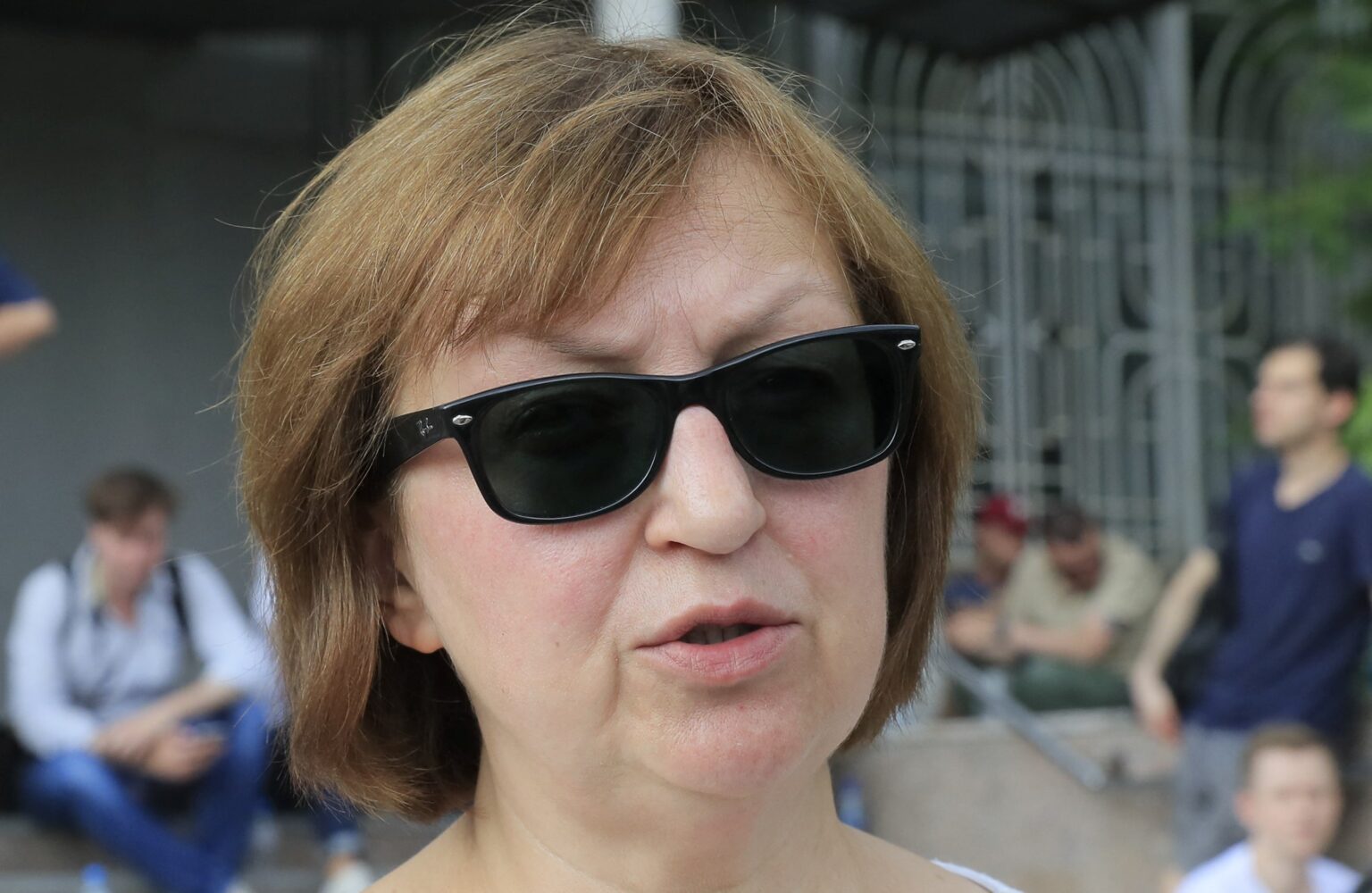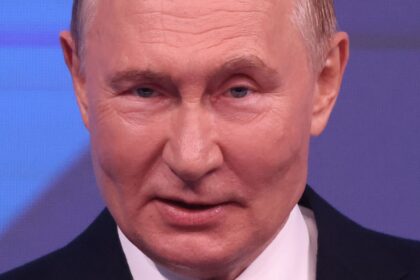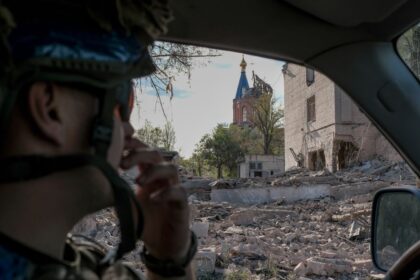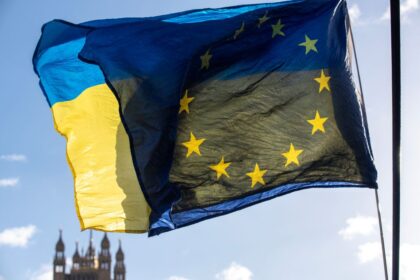**Russia Cracks Down on Dissent: Journalist Faces Prison for Ukraine Coverage**
In a move that highlights Russia’s growing intolerance for dissent, the country’s Investigative Committee has launched a criminal case against Galina Timchenko, the head of Latvia-based online news portal Meduza. The publication is known for its critical coverage of Russia’s actions in Ukraine.
**What Does This Mean?**
The case against Timchenko was opened on grounds that she organized the activities of an “undesirable organization” and posted videos that aimed to foment protest sentiment and involve the public in such activities. Institutions deemed “undesirable” by Russian authorities can face fines or be ordered to dissolve.
**Risks for Journalists**
If convicted, Timchenko faces six years in prison, a stark reminder of the risks journalists take when reporting on sensitive topics in Russia. In recent years, hundreds of Russian nationals have been declared “foreign agents,” a designation that carries negative connotations and imposes bureaucratic hurdles.
**Russia’s Crackdown on Dissent**
Since Russia’s full-scale invasion of Ukraine in February 2022, the country has taken steps to crack down on dissent. Parliament-approved legislation has introduced fines and prison terms for discrediting or spreading false information about the army. This move is seen as part of a broader effort to suppress criticism of Russia’s actions.
**Meduza’s Critical Coverage**
Meduza, where Timchenko serves as co-founder and head, provides in-depth coverage of Moscow’s invasion of Ukraine. The publication has been critical of Russian actions, and its journalists have faced intimidation and harassment from the government. This case is seen as an escalation of Russia’s efforts to silence independent voices.
**What Next?**
The investigation into Timchenko’s activities raises concerns about press freedom in Russia. As the country continues to face international criticism for its actions in Ukraine, it remains to be seen how this case will unfold and what implications it may have for journalists and media outlets.
Read More @ www.reuters.com












